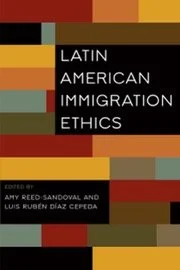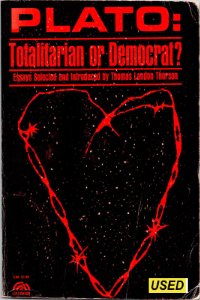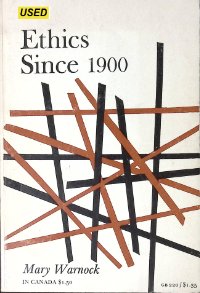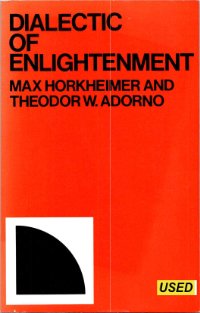dited byAmy Reed-SandovalLuis Rubén Díaz Cepeda
Following an extended period of near silence on the subject, many social and political philosophers are now treating immigration as a central theme of their discipline. In fact, there is now sufficient philosophical literature on immigration to enable us to detect clear trajectories in terms of its broad theorization. What began as a highly abstract debate over whether states do, in fact, have a prima facie right to exclude prospective migrants under at least some conditions evolved into scholarship on increasingly “applied” and “practical” questions such as refugee rights and justifications for family reunification schemes in immigrant admissions programs.1 Presently, and as part of this notable progression, immigration philosophy is in the midst of an identity “turn” in which philosophers—particularly those working within the traditions of feminist philosophy, Latinx philosophy, and the critical philosophy of race—theorize particular borders and barriers and particular migrant bodies that are visibly sexed/gendered and racialized.2 This stands in contrast to the more abstract borders and migrants featured in the original open borders debate. Such identity-based approaches tend to operate in the realm of “nonideal theory,” considering states as they are—namely, as entities that are often noncompliant with the requirements of justice—and providing conceptual analysis and solutions on that basis.
Tucson: University of Arizona Press, 2021. 313p.





















